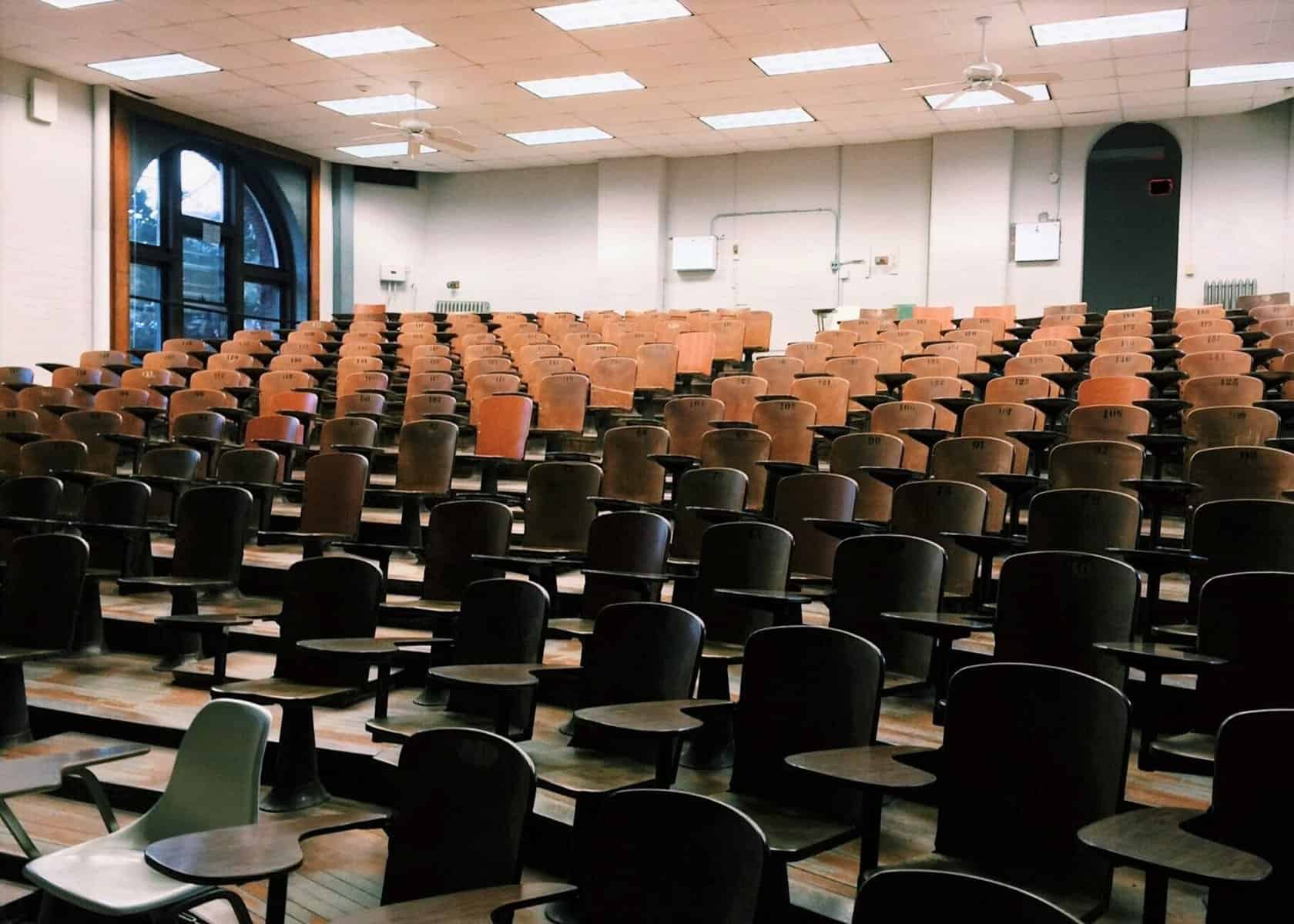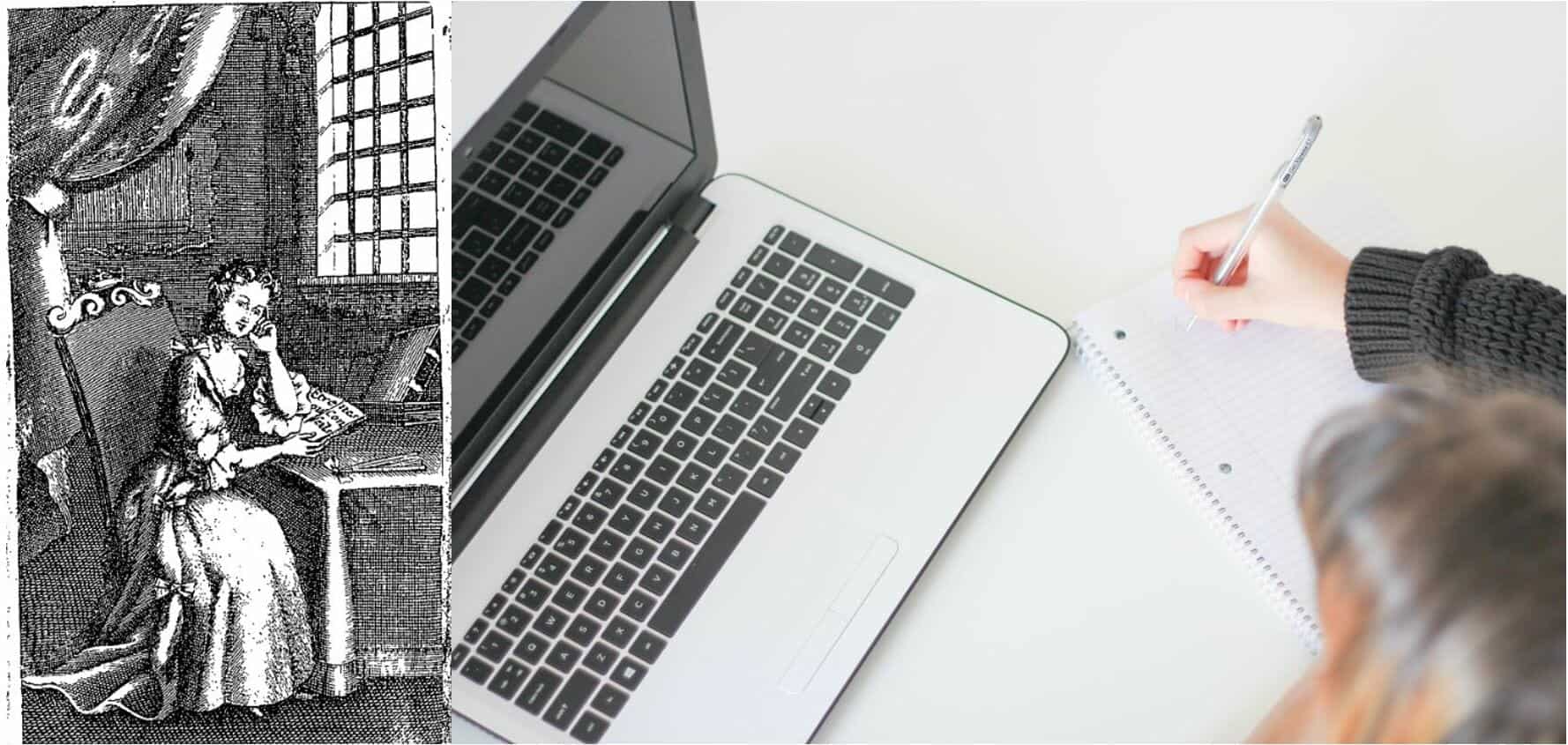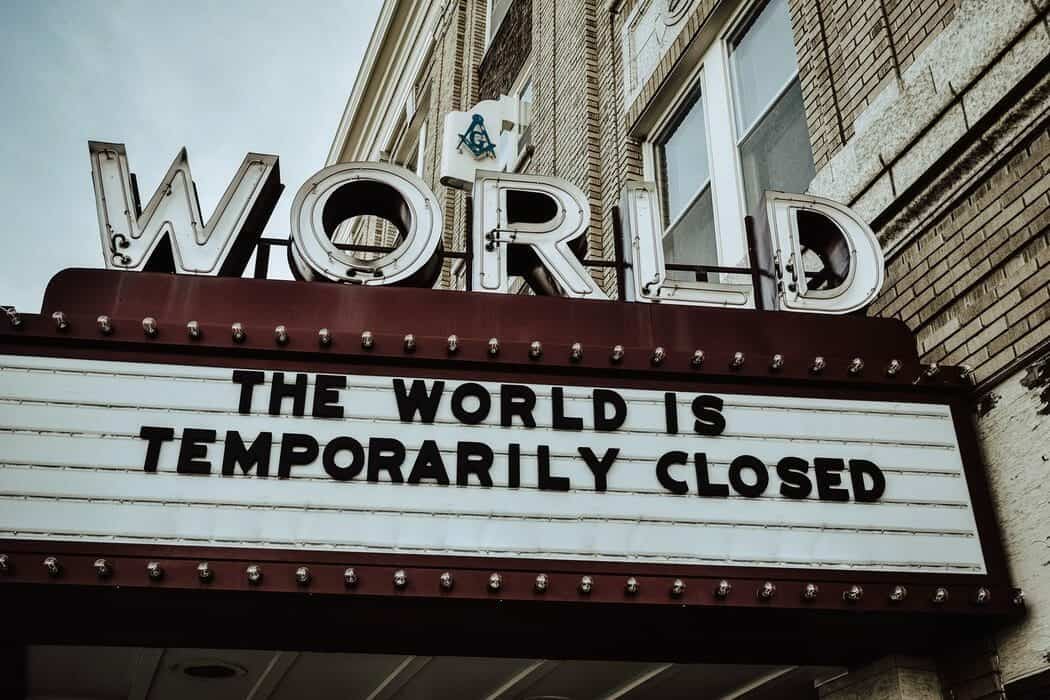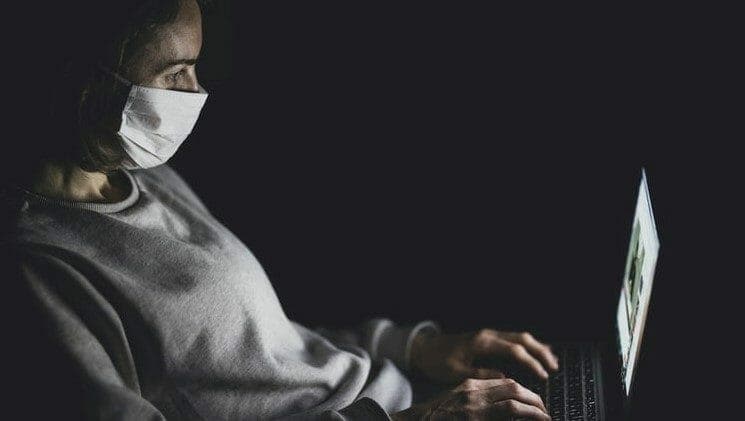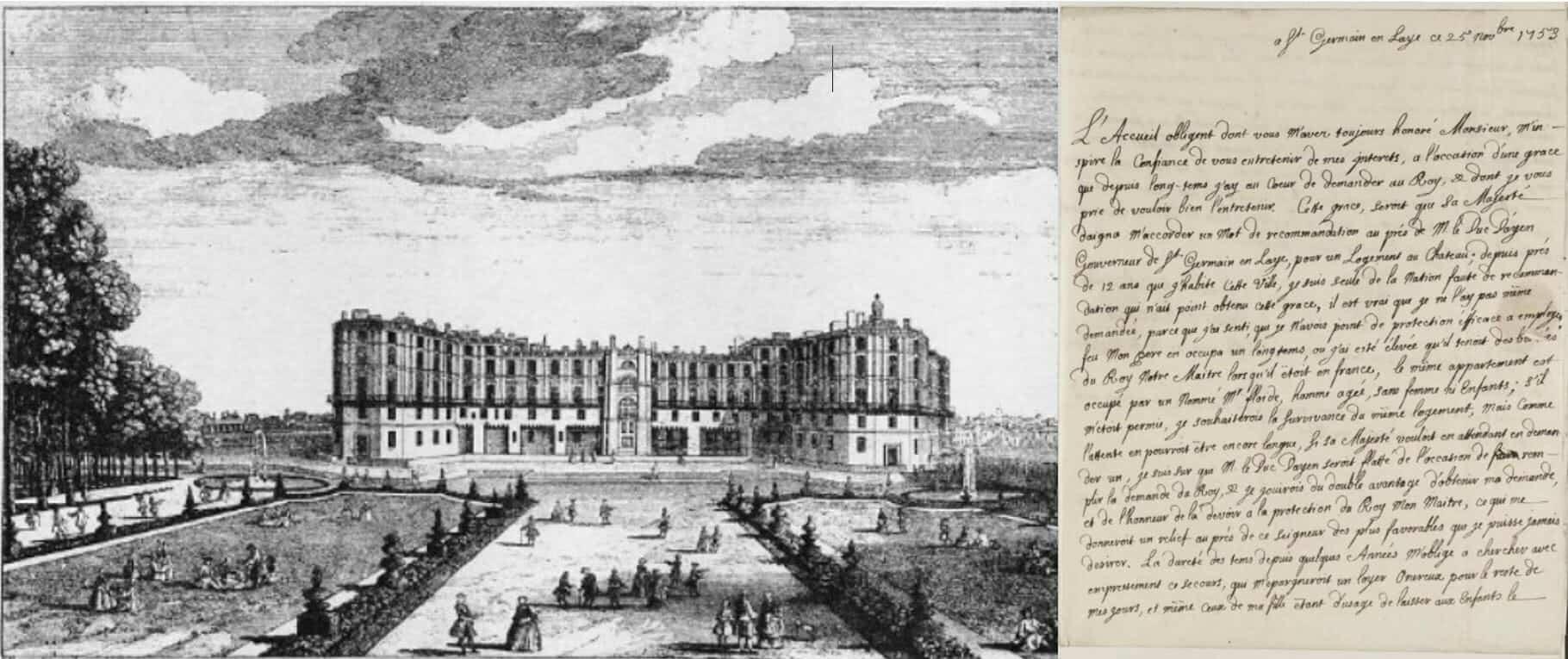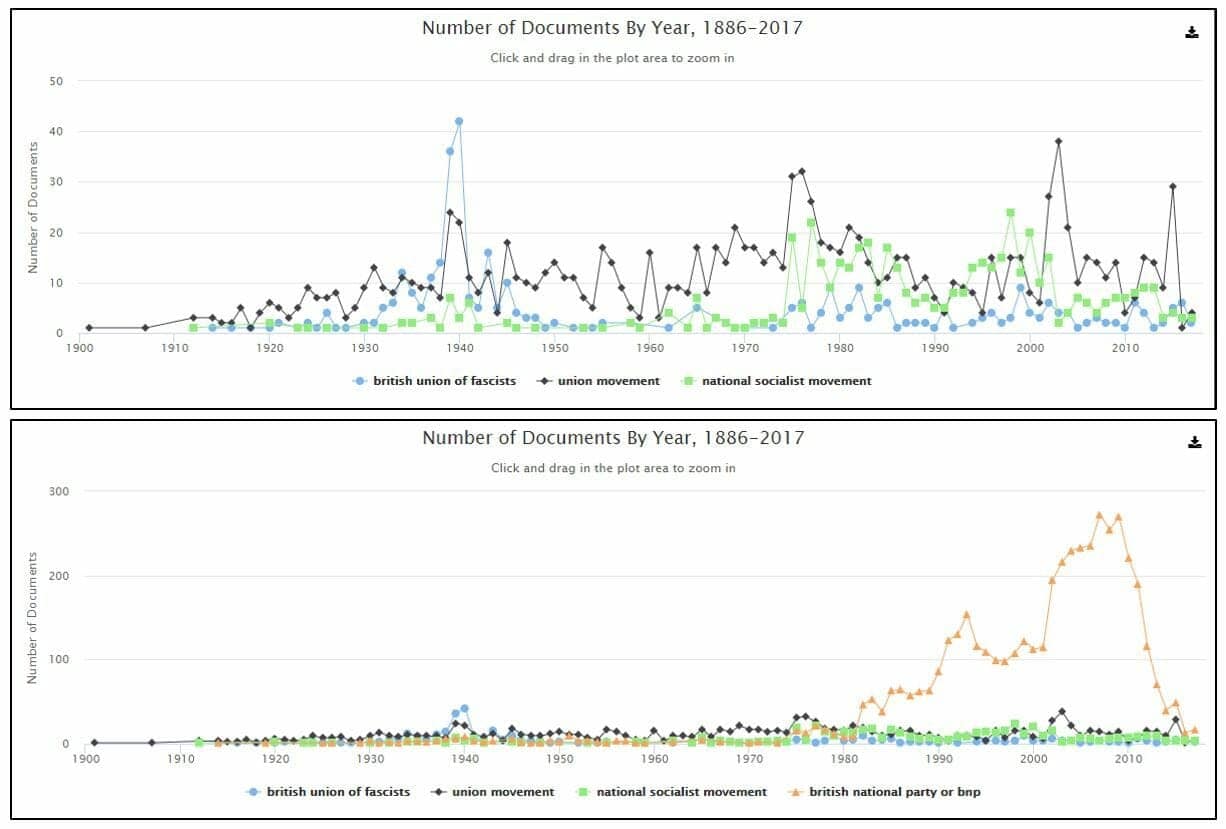│By Rhiannon Green, Gale Ambassador at the University of Durham│
The thought of researching and writing a dissertation is often a daunting prospect for any student, yet this is even more relevant for those studying in the Covid-19 era. As an English Literature student, I am heavily reliant on my university library, so when lockdown meant I was stuck at home nearly 300 miles away, I thought it would be impossible to get any work done – let alone start the research process for my dissertation. Closed libraries and remote learning have left many students clueless as to how to obtain relevant resources, yet this is where the Gale Reference Complete package comes in handy, with Gale Literature being especially useful for my own research and learning.



